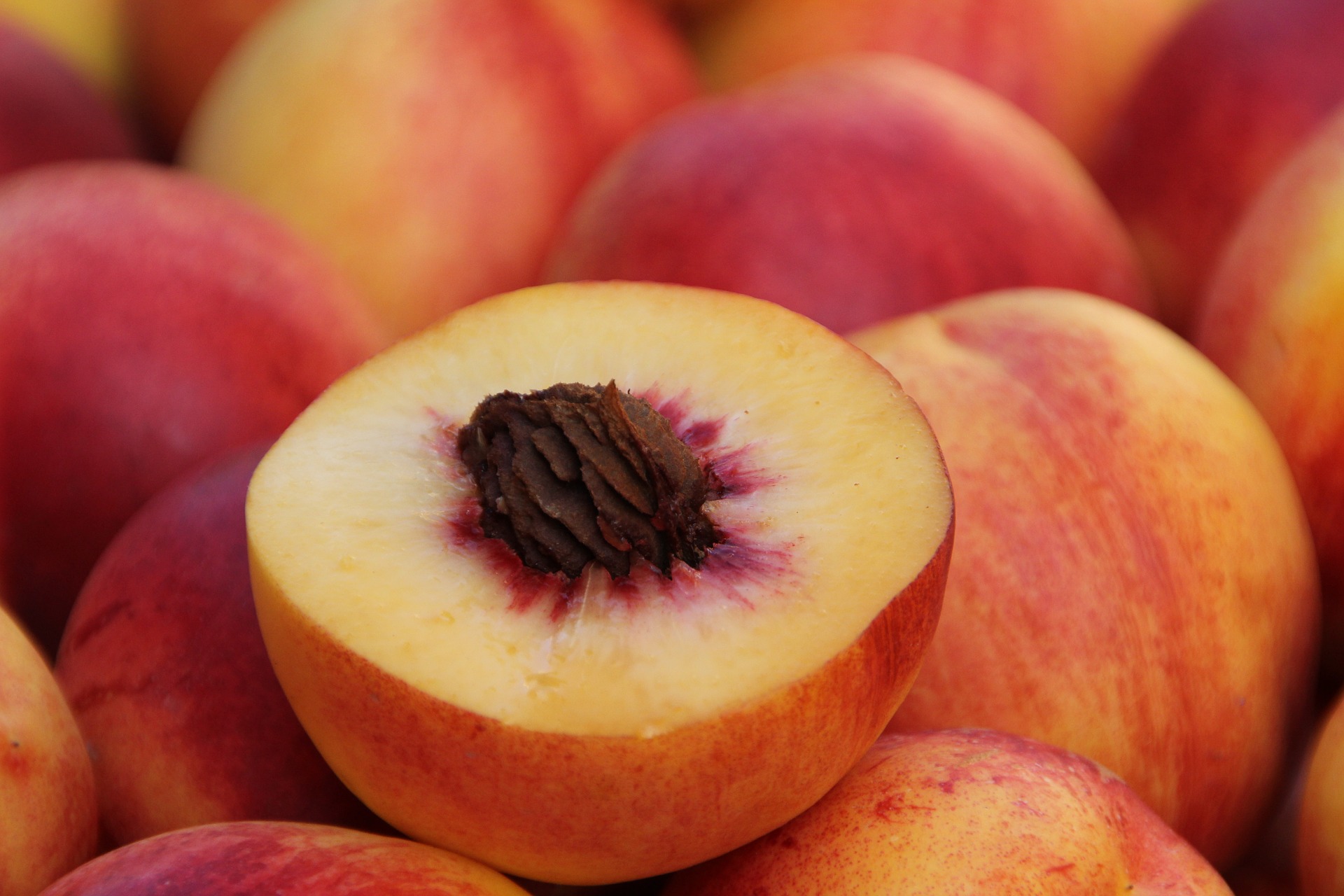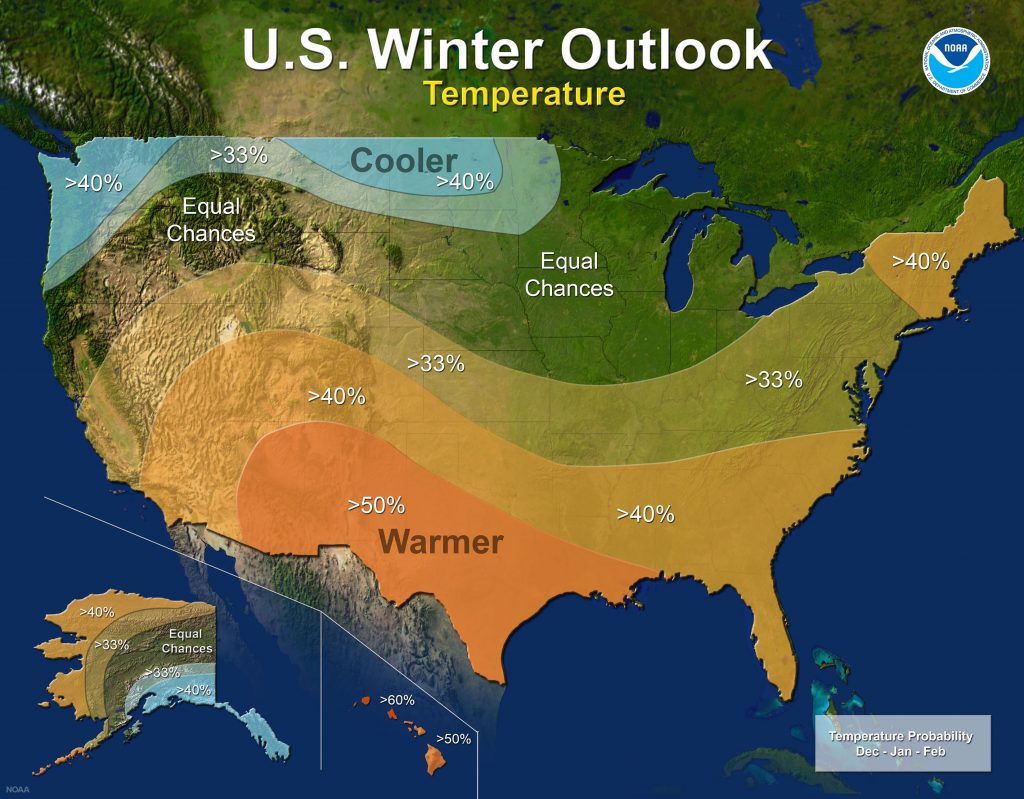Georgia Peach Growers Hope For A Cold Winter

Last winter was a bad one for Georgia peach crops because it was too warm.
PIxabay Images
There have been some memorably bad years for Georgia peach growers, like in 1955, when Will McGehee’s grandfather lost every peach on the farm, McGehee said.
His family has been growing peaches in Georgia since 1885. His cousin now owns the farm that’s been in the family for five generations.
This past year wasn’t quite as bad as ‘55, but it was close, he said.
“We had 18 percent of the crop,” he said. “It’s tough, no real way to sugar coat it.”
It was because of the warm winter.
Georgia growers produced less than a quarter of the peaches in 2017 than they did last year, according to the USDA. McGehee, marketing director for the Georgia Peach Council, called it catastrophic. And this winter might be another warm one.
Peach trees have to go dormant to grow fruit. Basically, the trees need sleep, and if they don’t get enough of it, they don’t grow peaches. So growers track what are called chill hours, the amount of time when it’s cold enough for peach trees to get their rest.
There were not enough chill hours last winter.
“We got about 500 hours in the Fort Valley area where most of the peaches are grown, and that proved to be the kiss of death for most varieties,” McGehee said.
There might not be enough chill hours this winter, either.
The National Oceanic and Atmospheric Administration said the climate pattern known as La Niña may form. That typically means a drier and warmer winter in Georgia.

So, do two warm winters add up to climate change?
“It’s very hard to point to any one year, or even a couple of years, as a signal of climate change,” said Pam Knox, an agricultural climatologist at UGA.
But climate change does increase the likelihood of extreme weather.
McGehee said growers have noticed those extremes.
“You’re seeing these wild swings from very cold to very warm,” said McGehee. “You’re seeing a lot less of the talk of the word, ‘normal.’ Nobody knows really what the new normal is.”
And there is a chance the colder weather that the peach trees need will break through this winter, said Knox, because it’s a weak La Niña, meaning other climate patterns might have a stronger effect.
“If you farm, you’ve got to be optimistic that things will be better than the last year,” said Jeff Wainwright, who farms about 7,500 acres of peaches in Taylor County. “All you can do at this point is hope the good Lord gives you a good cold winter, and if he doesn’t you have to plan around it.”







